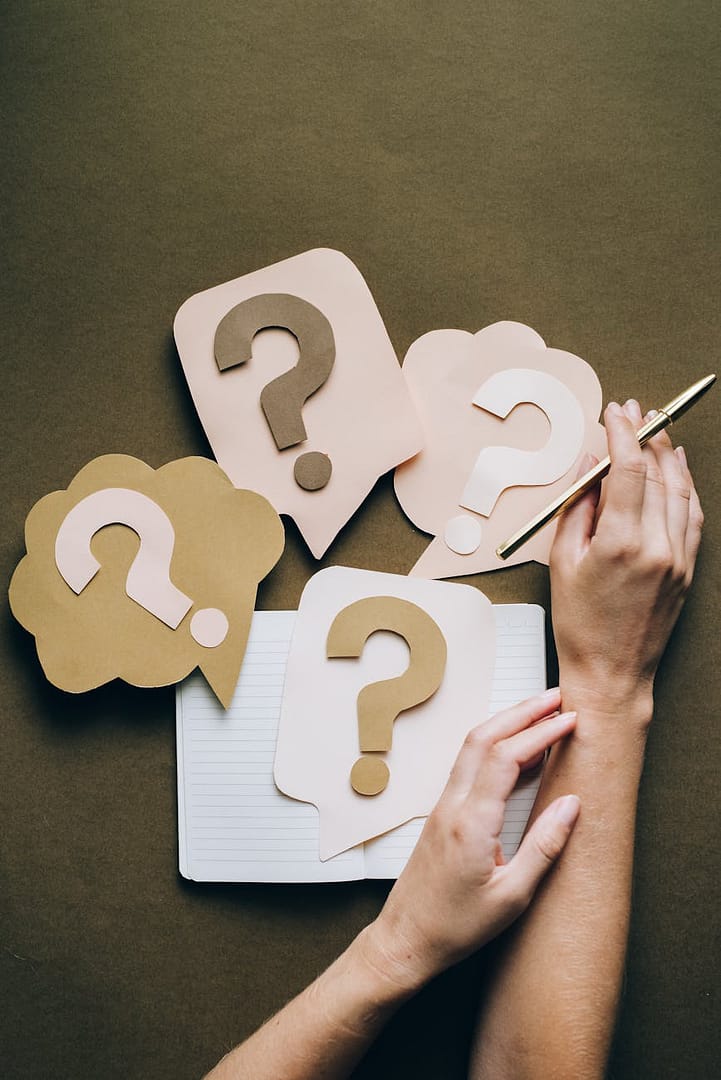Here’s something nobody wants to admit: most of us have been both the fake friend and the victim of one. Sometimes at the same time, with the same person.
The internet is full of articles listing red flags and warning signs, as if fake friends are some external threat we need to identify and eliminate. But the reality is messier and more human than that. Sometimes people aren’t maliciously fake—they’re just emotionally unavailable, going through their own struggles, or genuinely don’t know how to be a good friend.
And sometimes? We’re the ones showing up inauthentically too.
The Gray Areas We Don’t Talk About
When someone only calls during crisis mode, are they using you—or are they just really bad at maintaining relationships? Maybe they grew up in a family where you only reached out when things were falling apart. Maybe they’re dealing with depression and can barely manage their own life, let alone check in on others.
When someone seems competitive, are they actually trying to hurt you—or are they deeply insecure and trying to feel worthy? That friend who always has to one-up your stories might be struggling with feelings of inadequacy that have nothing to do with you.
When someone shares your secrets, are they being malicious—or do they just have terrible boundaries? Some people genuinely don’t understand the difference between sharing and gossiping. They might think they’re being helpful or connecting with others.
The Friends We Keep (And Why)
Sometimes we maintain friendships that aren’t entirely authentic because:
- They’re connected to our social circle, and cutting them off would complicate everything
- They serve a function—maybe they’re great for certain activities, even if they’re not emotionally supportive
- We have history with them, and it’s easier to maintain the status quo than have difficult conversations
- We’re lonely, and imperfect friendship feels better than no friendship
- We’re afraid of confrontation and would rather slowly distance ourselves than address problems directly
What Actually Matters
Instead of obsessing over whether someone is “fake,” maybe we should ask better questions:
Does this relationship add value to your life, even if it’s not perfect? Not every friend needs to be your emotional support system. Some friends are great for laughs, others for adventures, others for intellectual conversations.
Are you communicating your needs clearly? Before labeling someone as unsupportive, have you actually told them what kind of support you need? Many people are bad at reading minds.
Are you being authentic yourself? It’s easy to demand genuineness from others while hiding behind our own masks. Are you showing up as your real self, or are you also performing?
Is the imbalance temporary or chronic? Everyone goes through phases where they’re more taker than giver. The question is whether it evens out over time.
The Real Red Flags (The Ones That Actually Matter)
Forget the listicles. Here are the friendship patterns that are genuinely concerning:
They consistently make you feel worse about yourself. This isn’t about occasional thoughtless comments—it’s about a pattern of behavior that leaves you questioning your worth.
They violate your clearly stated boundaries repeatedly. You’ve asked them not to do something, explained why it matters to you, and they continue doing it anyway.
They show a pattern of using personal information against you. Not accidentally oversharing, but weaponizing your vulnerabilities during arguments or to manipulate you.
They’re actively dishonest about important things. Small social lies are normal; lying about significant matters that affect you is not.
Maybe the Question Isn’t “Are They Fake?”
Maybe the better questions are:
- Am I getting enough of what I need from this friendship?
- Am I giving what I can authentically give?
- Does this relationship help me grow or keep me stuck?
- Do I feel energized or drained most of the time after we interact?
The Messy Truth
Real friendship isn’t about finding perfect people who never let you down. It’s about finding people who are willing to be imperfect together—who can mess up, apologize genuinely, and try to do better.
Sometimes the “fake” friend is just someone who’s doing their best with limited emotional resources. Sometimes they’re genuinely harmful and need to be distanced. Most of the time, they’re somewhere in between—flawed humans trying to navigate relationships just like the rest of us.
Sometimes Proximity Beats Perfection
There’s an old Chinese saying: “Better a close neighbor than a far relative.” This wisdom cuts through a lot of our modern friendship anxiety.
Your neighbor might not know your deepest secrets or share your life philosophy, but they’re the one who’ll water your plants when you’re away, lend you jumper cables at 7am, or check on you when they haven’t seen you in a few days. There’s genuine value in that kind of practical, present care—even if it’s not the soul-deep connection we romanticize.
We’ve maybe overcomplicated friendship in the social media age. We expect every friend to be everything—therapist, cheerleader, adventure buddy, intellectual equal, emotional support system. But traditionally, people had different relationships that served different needs. The neighbor for practical help, the work colleague for daily companionship, the childhood friend for shared history, the mentor for guidance.
Sometimes the “fake” friend who brings you soup when you’re sick is more valuable than the “real” friend who sends heartfelt texts but is never actually available when you need them. Maybe we should judge friendships less on emotional authenticity and more on consistent, caring presence.
The Real Goal
The goal isn’t to find people who never disappoint you. It’s to find people who, when they do disappoint you (and they will), are willing to acknowledge it and work toward something better.
And sometimes, it’s to recognize when we’re the ones who need to step up and be more authentic ourselves.




